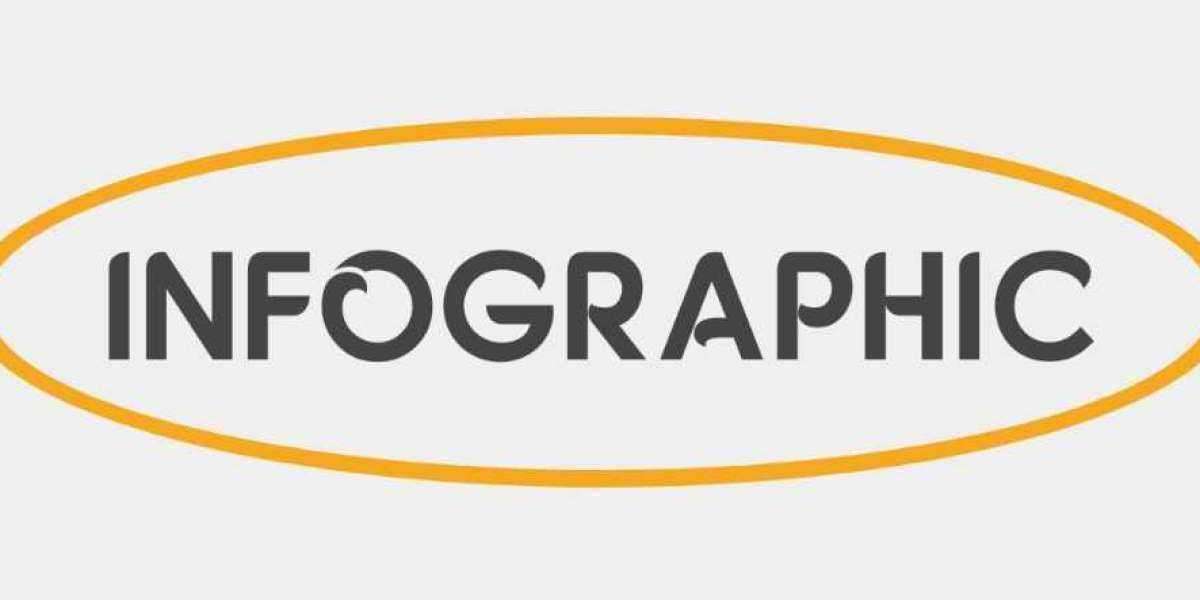What Are Antibody-Drug Conjugates?
Antibody-drug conjugates (ADCs) are a class of biopharmaceutical drugs that link monoclonal antibodies (mAbs) to cytotoxic drugs (chemotherapy agents). This conjugation allows the monoclonal antibody to target specific antigens present in cancer cells, delivering the chemotherapy directly to the tumor site while sparing healthy cells. This targeted approach significantly reduces the side effects commonly associated with traditional chemotherapy.
Current Landscape of Antibody-Drug Conjugates
ADCs have seen significant advancements and clinical success, particularly in the treatment of solid tumors and hematologic malignancies. Some ADCs have already been approved by regulatory bodies like the FDA, making an immediate impact in oncology treatment protocols. The success of Antibody-Drug Conjugates in targeting and treating cancers such as breast cancer, lymphoma, and leukemia has opened new doors for patients with previously limited treatment options.
- Key Examples of ADCs:
- Kadcyla (ado-trastuzumab emtansine): Used to treat HER2-positive breast cancer, Kadcyla is one of the leading ADCs in the market, showcasing the success of ADCs in improving survival rates.
- Adcetris (brentuximab vedotin): Approved for treating Hodgkin lymphoma and other cancers, it has demonstrated impressive results in extending progression-free survival.
- Enhertu (trastuzumab deruxtecan): A breakthrough therapy for HER2-positive cancers, particularly in patients with metastatic breast cancer.
These therapies have made notable progress in treating cancers that were once considered difficult to manage, with ADCs showing the ability to improve both efficacy and patient outcomes.
Success Factors of Antibody-Drug Conjugates
Several key factors have contributed to the success of Antibody-Drug Conjugates:
- Targeted Action: ADCs can specifically target cancer cells, reducing the harmful effects on healthy tissues, which is one of the key reasons for their success.
- Improved Efficacy: By combining the high specificity of antibodies with the potency of chemotherapy agents, ADCs offer a significant improvement in tumor targeting and drug delivery, enhancing the therapeutic impact.
- Personalized Treatment: ADCs enable personalized cancer treatment, as they are designed to target specific biomarkers found in certain cancer types, thus increasing their effectiveness in selected patient populations.
- Reduced Toxicity: Traditional chemotherapy drugs often have widespread effects on both cancerous and healthy cells. ADCs minimize these risks by concentrating their toxic payloads only on cells that express a specific antigen, thereby reducing systemic toxicity.
- Versatility in Application: ADCs are applicable across a variety of cancers, including breast cancer, non-small cell lung cancer, and lymphoma, making them a versatile tool in oncology.
The ADC Market
The ADC market has experienced rapid growth, driven by the success of current therapies and ongoing research into new ADCs. The demand for more effective and targeted cancer therapies has accelerated the market for these drugs, with analysts predicting that the ADC market will continue to expand in the coming years. The growing number of clinical trials and the development of next-generation ADCs highlight the vast potential of this treatment approach.
- Market Growth: The ADC market is expected to reach new heights due to increased investments, growing interest from pharmaceutical companies, and the continuous discovery of novel ADCs that target a wide array of cancers.
- Future Trends: With promising pipeline drugs in various stages of development, the ADC market is anticipated to see a surge in new approvals, offering hope for more advanced and less toxic cancer treatments.
Future Outlook for Antibody-Drug Conjugates in Oncology
Looking ahead, ADCs are expected to play an even more pivotal role in oncology treatment. Ongoing research is focused on improving the design of ADCs, enhancing their efficacy, and minimizing side effects further. Innovations such as better linkers, more potent cytotoxic agents, and enhanced tumor targeting strategies are expected to take ADC therapies to the next level. Additionally, combinations of ADCs with immunotherapies or other novel agents may increase the overall response rates and broaden their application across different cancer types.
The increasing success of Antibody-Drug Conjugates is also likely to drive further competition and innovation in the market, as more companies enter the ADC space, working to develop the next-generation therapies that can address some of the current treatment challenges.
Conclusion
Antibody-drug conjugates (ADCs) have proven to be a transformative approach in the treatment of various cancers, offering targeted, effective therapies that are reshaping the oncology landscape. With continued advancements and a strong market outlook, ADCs are poised to play a central role in future cancer care, providing hope for patients and addressing critical unmet needs in oncology. The ADC market is expected to grow significantly as more therapies are developed and approved, driving forward the next era of cancer treatment.
Latest Healthcare Market Research Reports:
Neurotrophic Keratopathy Market | Otoscopes Market | Parkinson's Disease Dementia Market | Radiofrequency Ablation Devices Market | Tonsillitis Market | Zika Virus Market | Cdkl5 Deficiency Disorder Market | Charcot-marie-tooth Disease Market | Dyslipidemia Market | Dysmenorrhea Market | Eosinophilic Esophagitis Market | Peripherally Inserted Central Catheter Devices Market | Stereotactic Surgery Devices Market | Subarachnoid Hemorrhage Market







